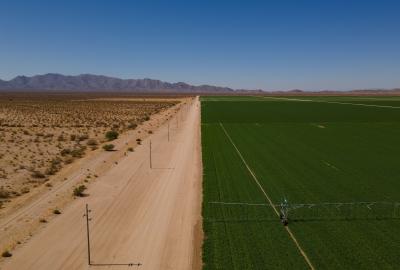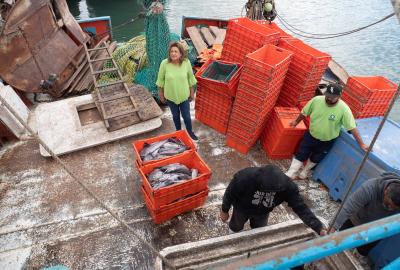An EPA rule set to slash cancer risk by more than 90% is now on the Trump administration’s chopping block
In April 2024, the Environmental Protection Agency finalized a new health safeguard that aimed to reduce dangerous pollution from more than 200 petrochemical plants nationwide, targeting six toxic chemicals that are likely to cause cancer.
These include chloroprene and ethylene oxide, which are “two of the worst when it comes to air toxics,” says Environmental Defense Fund health scientist Maria Doa.
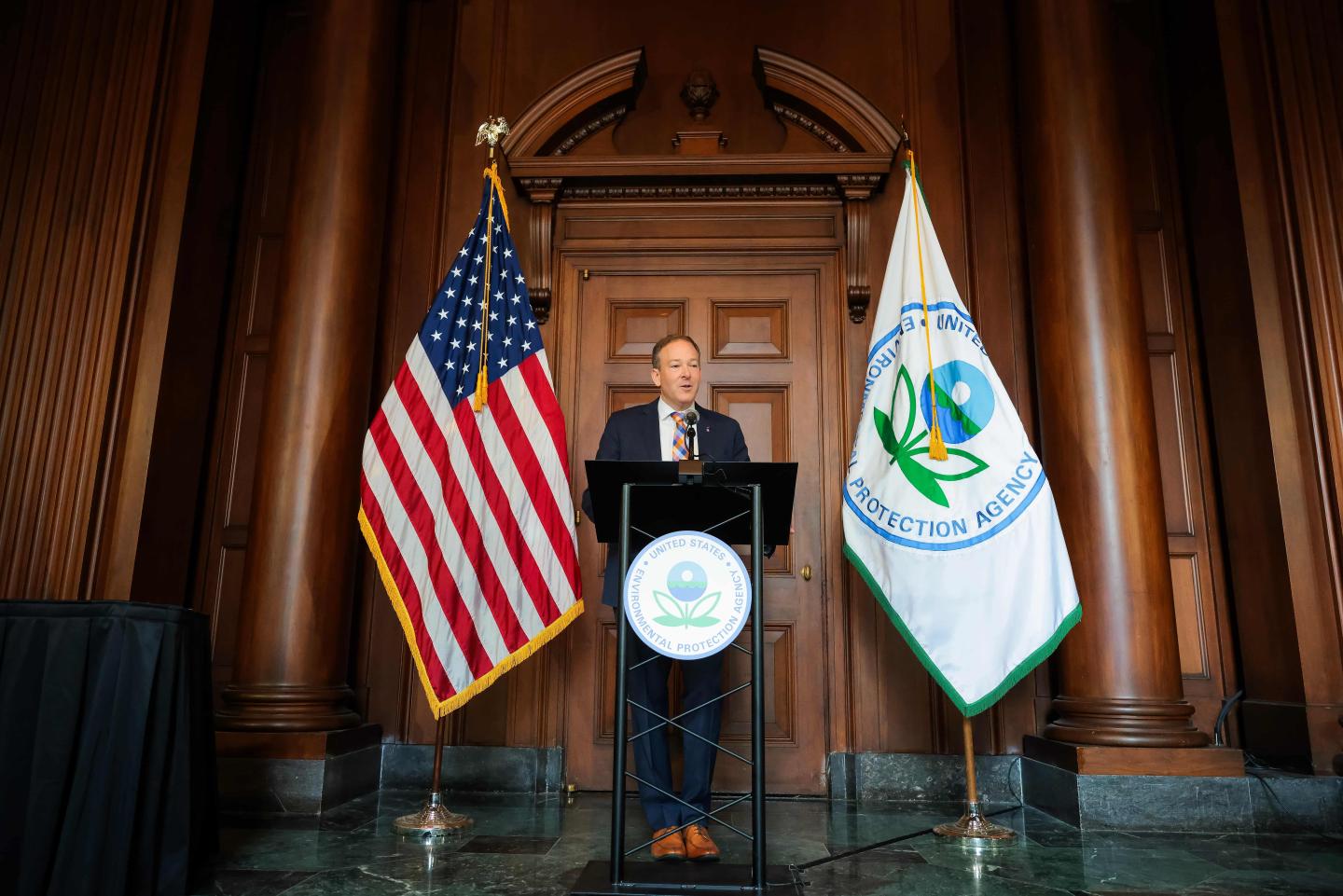
The safeguard was long overdue for people who face health risks living near petrochemical facilities, and was projected to be so effective that, once fully implemented, it would slash the number of people facing elevated cancer risk from air toxics by a whopping 96%.
But now, just over a year later, this progress is unraveling under the Trump administration.
In addition to having the EPA reassess the new standard, EPA administrator Lee Zeldin invited polluters to apply for a presidential exemption from having to comply simply by sending the agency an email, and industry groups have already asked for a blanket exemption for the more than 200 facilities impacted by 2024 safeguard.
What this means for your health
Nowhere are the stakes of the Trump administration’s deregulatory agenda higher than in Louisiana’s Cancer Alley, a heavily polluted stretch between Baton Rouge and New Orleans where the petrochemical industry set up shop next door to the region’s predominantly Black communities. Those communities now face some of the highest cancer rates in the country.
Robert Taylor, 85, grew up here, surrounded by green fields filled with orderly rows of sugar cane in St. John the Baptist Parish, Louisiana. “This is the land that my ancestors worked on, from slavery until now,” he says.
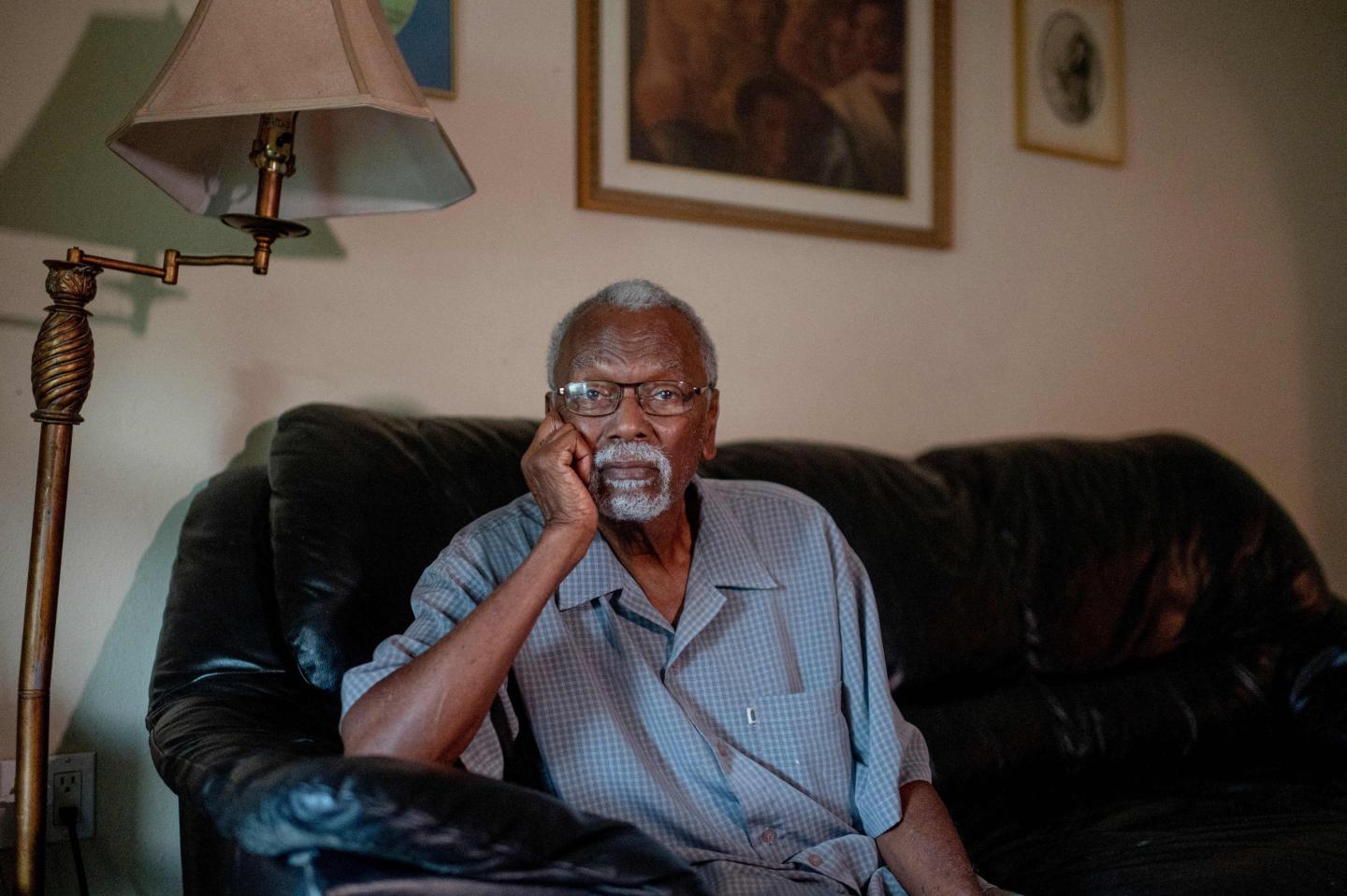
“But as the sugar industry died, the wealthy, white plantation owners sold the land,” he explains. By the time Taylor was ready to start a family, petrochemical companies had bought many of the former plantations, leading to a proliferation of oil refineries and chemical operations.
Pollution from these facilities soon marred the horizon, and the primarily Black population that remained started getting sick.
In 1969, a DuPont plant began manufacturing neoprene, which is used to make products like wet suits and hoses, less than a mile from Taylor’s home. The process emits chloroprene, a chemical linked to heart damage, cancer and a weakened immune system.
Federal regulators found that communities near that plant, now owned by Japanese chemical giant Denka, have the highest cancer risk in the country. Taylor’s mother, who lived around the corner from him, developed bone cancer. His wife survived breast cancer but recently passed away after suffering from multiple sclerosis for 22 years.
Uncertainty ahead
In an unexpected twist, the Denka facility making neoprene near Robert Taylor’s home suspended its operations on May 13, citing financial losses and other factors including the cost of pollution control equipment and economic pressures.
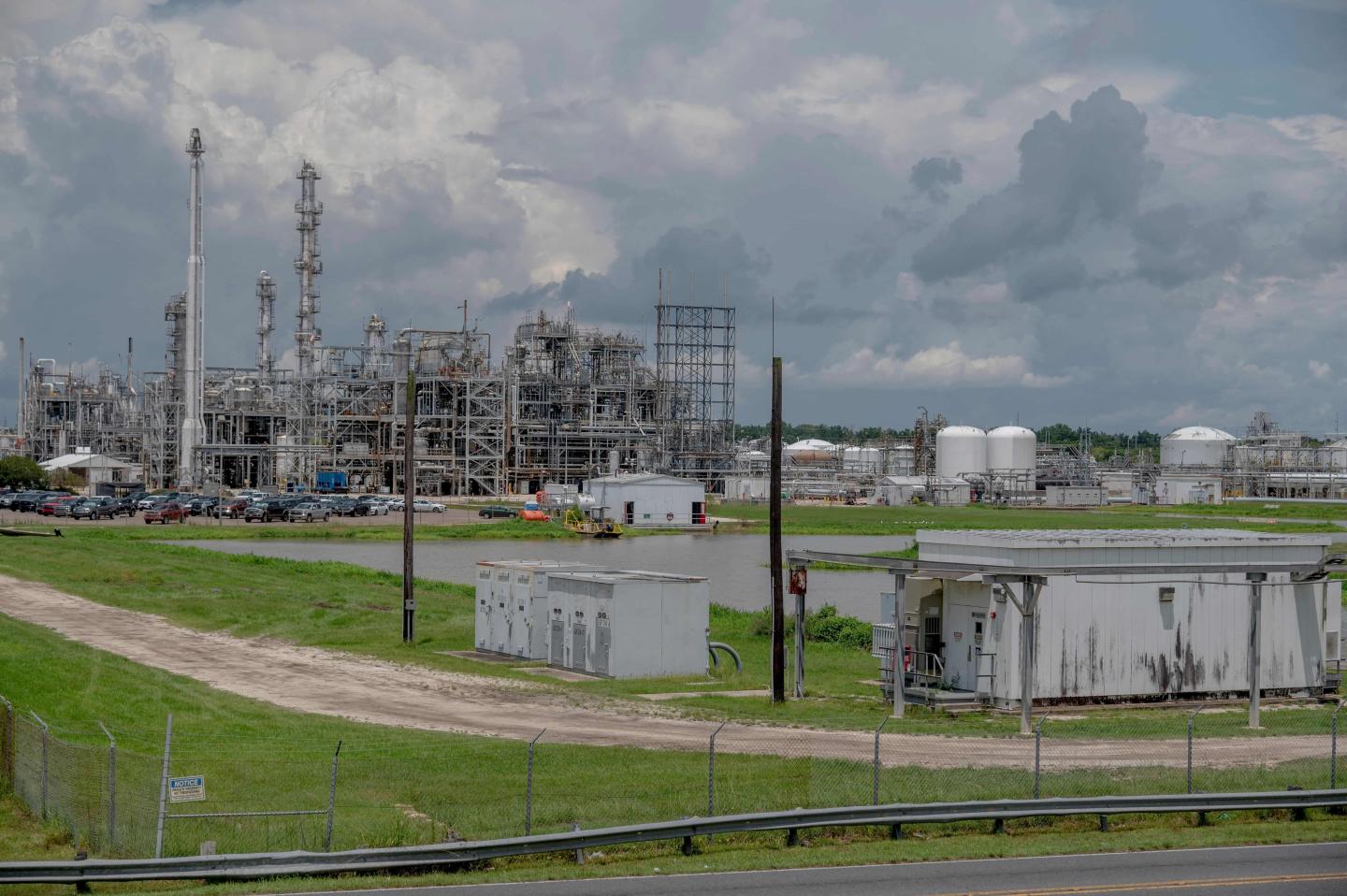
For area residents, the plant’s suspension brings mixed feelings. There’s relief that the pollution has stopped but also worry for displaced workers and fear of what’s to come if a new buyer takes over the plant amid the Trump administration’s sweeping deregulatory actions.
“There’s still a chance that someone else will come in and, in this climate, actually operate unregulated,” says Tish Taylor, Robert’s daughter. “The fear of someone else coming in and doing the same thing is there, it’s looming.”
For now, Taylor finds moments of peace in her garden, where she says she breathes easier knowing the Denka plant is closed.
How long that relief lasts depends on whether any of the EPA’s Biden-era safeguards survive the Trump administration's attacks on clean air rules — which are almost certain to be challenged in court by Environmental Defense Fund and other groups — and what kind of company, if any, takes over the plant.
